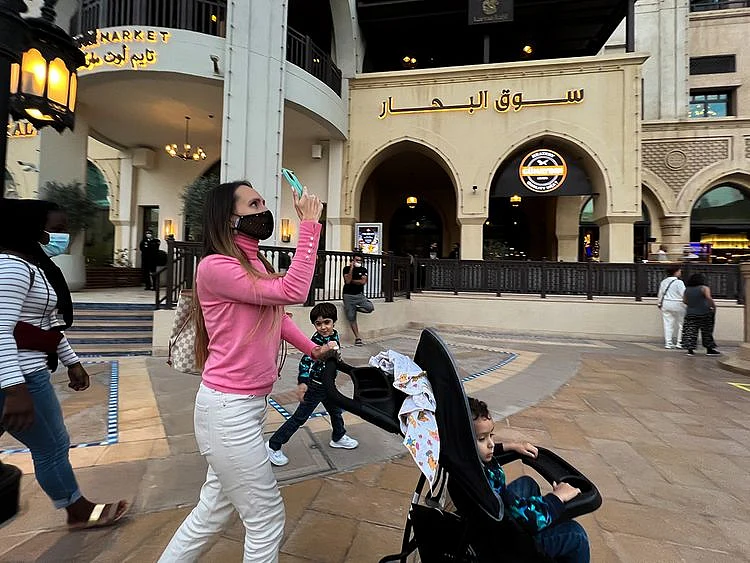UAE: Applying for a visit visa for a family member? You may be asked to provide a ‘consanguinity certificate’
All you need to know about the documents required to sponsor a relative under a UAE visa

Dubai: If you are applying for a visit visa for relatives who are planning to visit the UAE, you may have come across a requirement for ‘consanguinity proof or certificate’. What exactly is this certificate and does it need to be attested? Here is all you need to know.
What is consanguinity proof or certificate?
This is essentially a document proving your relationship with a blood relative. An example of a consanguinity document is a birth or marriage certificate.
“If you are sponsoring your parents, wife, child or sibling for a visit visa, you have to provide any official document proving your relationship with them – which could be a birth certificate or marriage certificate. If it is a foreign document [one issued outside the UAE] then you must obtain the certificate from your country’s consulate, and get it attested by the Ministry of Foreign Affairs (MOFA) and translated in Arabic,” Faisal bin Khasim, administration manager at from Direct Typing Centre, told Gulf News.
“On some passports, we can also confirm the relationship with the parents by looking at the second page of the passport, which contains the full names of the mother and father,” he explained.
I want to sponsor my parents-in-law, which documents do I provide?
A ‘consanguinity document’ is only for blood relatives, but if you want to sponsor your in-laws you may need to get an affidavit from your home country’s consulate in the UAE.
“The requirement depends on the applicant’s nationality. If you want to sponsor a visit visa for your in-laws, you will need to get an affidavit from the consulate stating you will bear the responsibility of sponsoring your in-laws. This will later need to be attested by the consulate and MOFA,” Mohammed Sevi manager at First Line Discovery Typing Center, said.
In addition to the affidavit, you may also need to provide your attested marriage certificate.
For which applications is a consanguinity document needed?
There are two instances where you will need to provide proof of relationship – when applying for a visit visa for family members under your sponsorship or sponsoring a dependent’s residency visa in the UAE.
If you are sponsoring a dependent’s residency visa, there are other requirements and documents you may need to provide, too. For example, employment contract, salary certificate, a tenancy contract, a birth certificate and, at times, an affidavit stating that the sponsor is financially responsible for the dependents.
Since the requirements for sponsoring a family visit visa depends on the proximity of your relation to the person, it is important to directly contact immigration authorities to understand which documents you specifically need to submit.
The official General Directorate of Residency and Foreign Affairs-Dubai (GDRFA-Dubai) toll-free number is 800 5111, or go to an Amer Centre, which processes visa applications on behalf of GDRFA-Dubai. You can find all the centres located in Dubai by visiting this website - https://gdrfad.gov.ae/en/customer-happiness-centers#
If you are applying from the emirates such as Abu Dhabi, Sharjah, Ajman, Umm Al Quwain, Ras Al Khaimah or Fujairah, then you must contact the Federal Authority of Identity, Citizenship, Customs and Port Security (ICP) call centre – 600522222.
Sign up for the Daily Briefing
Get the latest news and updates straight to your inbox
Network Links
GN StoreDownload our app
© Al Nisr Publishing LLC 2026. All rights reserved.